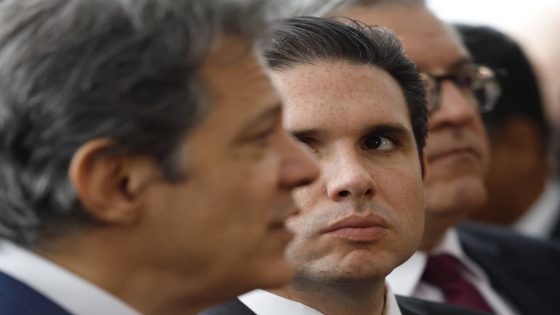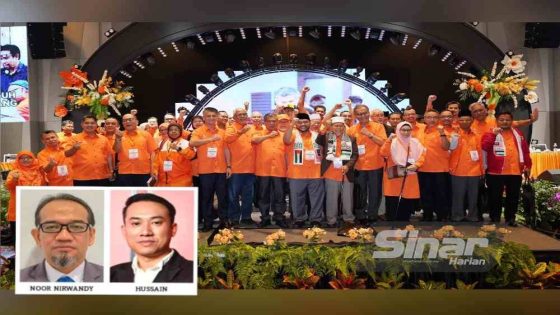The Brazilian Minister of Finance, Fernando Haddad, announced on February 5, 2025, that the government has finalized its plan for income tax exemption for individuals earning up to R$ 5,000. This initiative, a key campaign promise from President Luiz Inácio Lula da Silva, is set to be presented to Congress in the coming weeks. Will this move reshape Brazil’s tax landscape?
- IRPF exemption proposal for incomes up to R$ 5,000
- Government seeks cautious and transparent legislative process
- 25 measures presented to Congress by Haddad
- Focus on fiscal responsibility in legislative agenda
- Debate needed for complex tax proposals
- Resistance to tax increases among parliamentarians
Brazil’s Income Tax Exemption Plan: What It Means for Low Earners
What impact will this tax exemption have on Brazilian citizens? The proposal aims to relieve financial pressure on individuals earning below R$ 5,000, potentially benefiting millions. As the government prepares to submit this plan to Congress, the focus will be on ensuring a transparent and thorough legislative process.
Key Aspects of the Income Tax Proposal and Its Legislative Journey
The income tax exemption plan is not just a simple adjustment; it involves a comprehensive approach to fiscal policy. Here are some key aspects:
- Targeting individuals earning up to R$ 5,000.
- Requires careful legislative debate in both the Chamber and Senate.
- Expected to take effect on January 1 of the following year.
- Additional measures may be proposed to ensure fiscal balance.
Challenges Ahead: Legislative Approval and Economic Balance
As the proposal moves forward, several challenges lie ahead. The government must navigate discussions in Congress, where both the Chamber and Senate will evaluate the implications of the tax exemption. The Minister emphasized the need for a balanced approach to avoid negative economic impacts. Will lawmakers support this initiative, or will there be pushback?
Minister Haddad’s Vision for Brazil’s Economic Future
Minister Haddad envisions a robust economic framework that includes not only tax exemptions but also strategic reforms. His meetings with congressional leaders highlight the importance of collaboration. Key measures, such as the reform of income tax and bankruptcy laws, are on the agenda. How will these reforms shape Brazil’s economic landscape in the coming years?
In conclusion, the proposed income tax exemption for low earners marks a significant step in Brazil’s economic strategy. As the government prepares for legislative discussions, the focus will be on transparency and collaboration to ensure a successful outcome.
































